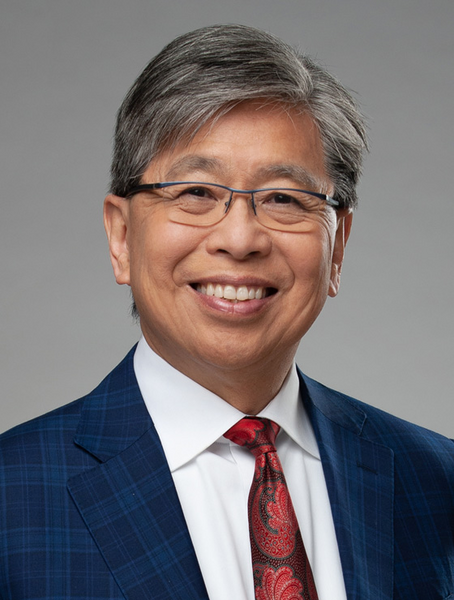American Association for the Advancement of Science names Edison T. Liu 2016 AAAS Fellow
Article | November 21, 2016Edison T. Liu, M.D. has been named a Fellow of the American Association for the Advancement of Science (AAAS).
Elected by his peers, Liu was recognized for his distinguished contributions to cancer biology, particularly the molecular analysis of breast cancer, and to the global advancement of human genomics.
“I am honored to be elected as an AAAS Fellow, and to be included in this distinguished group of leaders dedicated to advancing science,” said Liu. “This is a pivotal moment in medical science – one where the global community can work together as never before in improving human health.”
Liu is the president and CEO of The Jackson Laboratory. Previously, he was the founding executive director of the Genome Institute of Singapore, and served as president of the Human Genome Organization (HUGO). Prior to that position, Liu was the scientific director of the National Cancer Institute's Division of Clinical Sciences, where he led the intramural clinical translational science programs. As a faculty member at the University of North Carolina at Chapel Hill, Liu was the director of the UNC Lineberger Comprehensive Cancer Center's Specialized Program of Research Excellence in Breast Cancer; the director of the Laboratory of Molecular Epidemiology at UNC's School of Public Health; chief of Medical Genetics; and the chair of the Correlative Science Committee of the national cooperative clinical trials group, CALGB.
Liu's scientific research focuses on the functional genomics of human cancers, particularly breast cancer, uncovering new oncogenes, and deciphering on a genomic scale the dynamics of gene regulation that modulate cancer biology. He obtained his B.S. in chemistry and psychology, as well as his M.D., at Stanford University, and served his internship and residency at Washington University's Barnes Hospital in St. Louis, followed by an oncology fellowship at Stanford.
This year, 391 members were selected as Fellows because of their scientifically or socially distinguished efforts to advance science or its applications.

